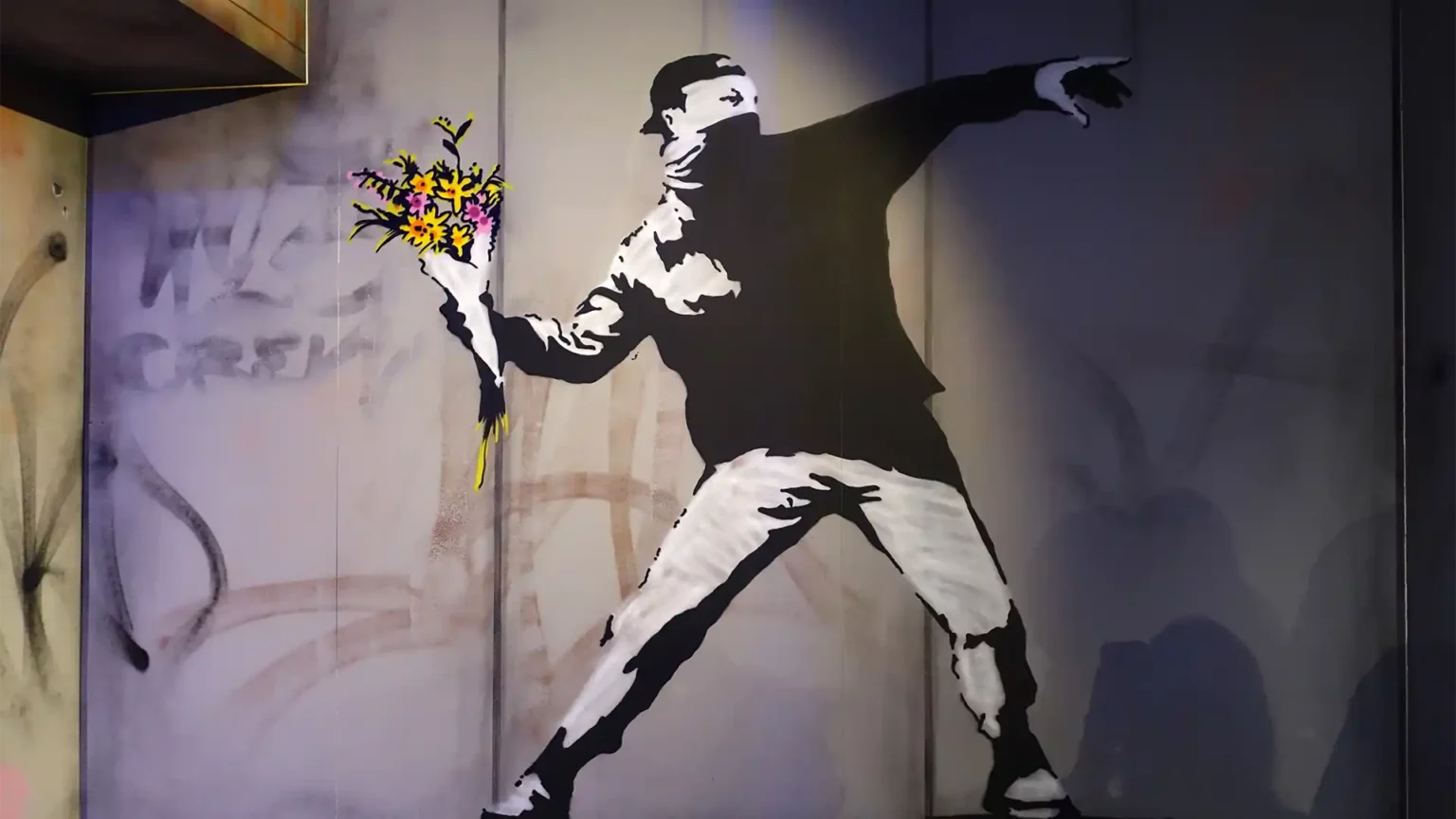All you want is to be done with this fight.
But you feel like you’ve stepped into quicksand. Any lawyer can give you a catalog of reasons why the court process takes so long, and don’t worry, I will do that shortly. But first, let me say this: the court of law is a woefully dissatisfying place to resolve a personal conflict. Once you’re dropped onto the conveyor belt of justice, every stop along the way feels like a checkpoint where common sense is replaced with bureaucracy, fairness is replaced with the quirks of the individual manning the desk, and efficiency is replaced with, well, the slowest, most tiresome drag of your life.
Sure, there are those couples who reach quick agreement and can slide through the court-required portions of a divorce with relative ease. But, for everyone else, reaching the end is frequently delayed by processes outside of our control. At its core, the reason this is taking so long is deeply human; the result of a system that is trying to deal fairly, in an organized way, with the infinitely nuanced, chaotic, and subjective facts of families. I often hear judges tell people that they are better off reaching agreement in the hallway than asking a stranger (the judge) to dictate the terms of such intimate matters as a parenting schedule. Try to create a better system without changing the nuanced and chaotic individuals who need it. That is no easy task.
So what can I do?
The above does not mean I believe you should throw up your hands. Indeed, there are bottlenecks that can be expanded, when identified. Here are some questions to help you identify a bottleneck: Are you fighting about something that is not worth it? For example, when you look back in 5 years how will you feel about having won or lost a particular possession? What will that fight have cost you? Are the lawyers failing to move the case along with appropriate filings? If so, can you get more information as to why this is happening? Are negotiations and communication with the other side about resolution stalling? If so, why? Has the focus in the case shifted away from resolution and toward litigation? If so, is that shift justified by the facts or are egos calling the shots? Remember, if you are planning to end this fight with a trial – you will be waiting a long time – perhaps years. While this cannot be avoided in some cases, it is always important to ask, “where can I be the change I wish to see?”
If circumstances outside your control mean that trial cannot be avoided – be it an intractable spouse or unproductive opposing counsel – you are trudging a rutted but uncertain path. Lean on your support system during this time. The only way out is through.
